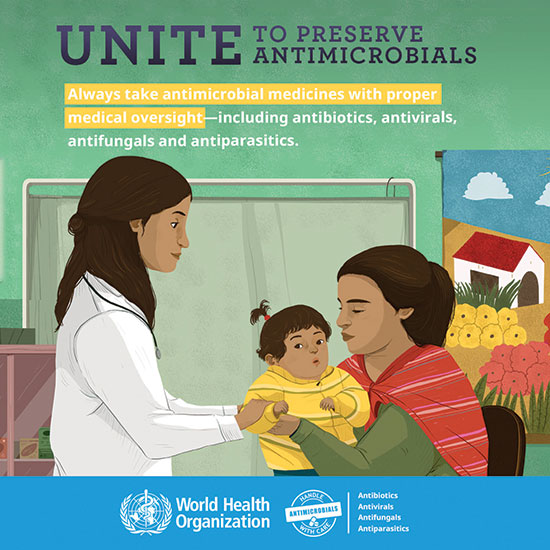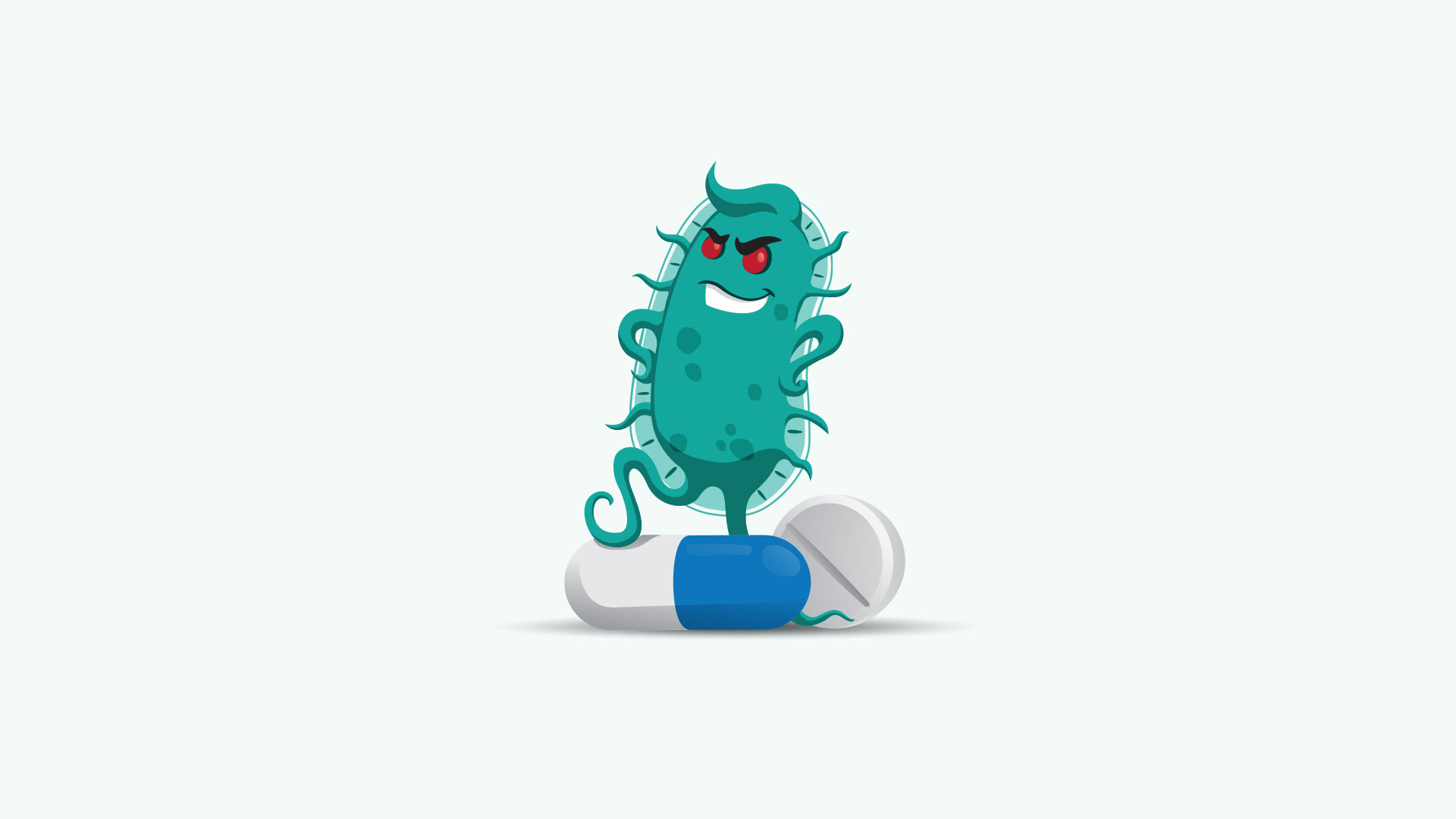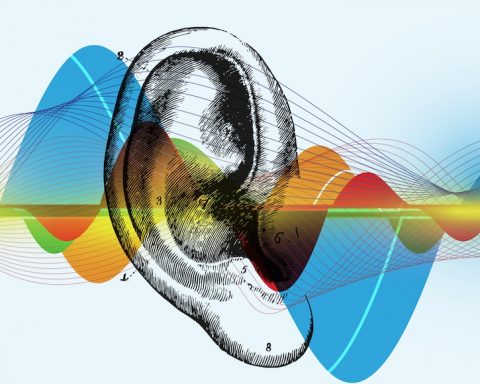18-22 November
World Antimicrobial Awareness Week (WAAW) aims to increase awareness of global antimicrobial resistance (AMR) and to inspire best practices among the general public, health workers and policy makers to avoid further emergence and spread of drug-resistant infections.
What is antimicrobial resistance?
Antimicrobial resistance (AMR) is a global health concern; and occurs when bacteria, viruses, fungi, and parasites change over time and stop responding to medicines. This makes common infections harder to treat and increases the risk of disease spread, severe illness and death.
The cost of AMR to national economies and their health systems is significant as prolonged hospital stays and the need for more expensive and intensive care affects productivity of patients and/or their caretakers
What accelerates the emergence and spread of antimicrobial resistance?
AMR occurs naturally over time, typically through genetic changes. Antimicrobial resistant organisms are found in people, animals, food, plants and the environment -they can spread from person to person or between people and animals, including from food of animal origin.
There are several factors that have contributed to and accelerated the threat of AMR worldwide, including overuse and misuse of medicines in humans, livestock and agriculture, as well as poor access to clean water, sanitation and hygiene. Poor medical prescribing practices and patient adherence to treatment are also contributory factors.
The misuse of antibiotics during the COVID-19 pandemic could also lead to accelerated emergence and spread of antimicrobial resistance. (COVID-19 is caused by a virus, not by a bacteria and antibiotics should not be used to prevent or treat viral infections, unless bacterial infections are also present).

Why is antimicrobial resistance a global concern?
The emergence and spread of drug-resistant organisms that have acquired new resistance mechanisms, leading to antimicrobial resistance, continues to threaten our ability to treat common infections. The rapid global spread of “superbugs” that cause infections that are not treatable with existing antimicrobial medicines such as antibiotics is especially concerning.
Without access to existing and new quality-assured antimicrobials, the number of people for whom treatment is failing or who die of infections will increase. Medical procedures, including various types of surgery such caesarean sections or hip replacements, cancer chemotherapy, and organ transplantation, will become riskier.










